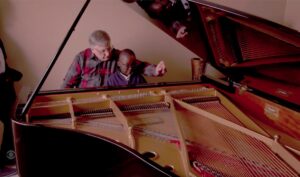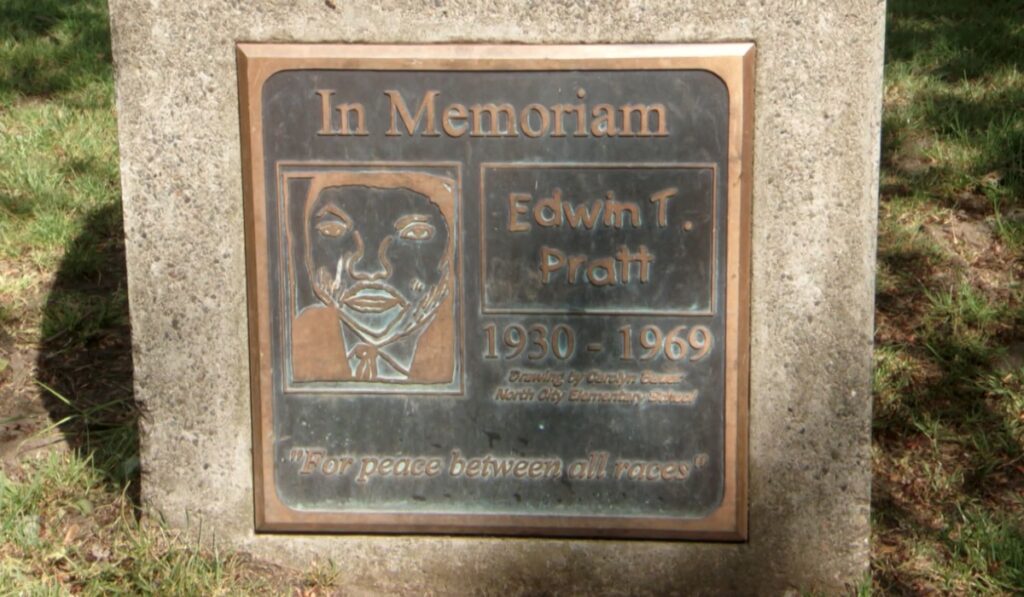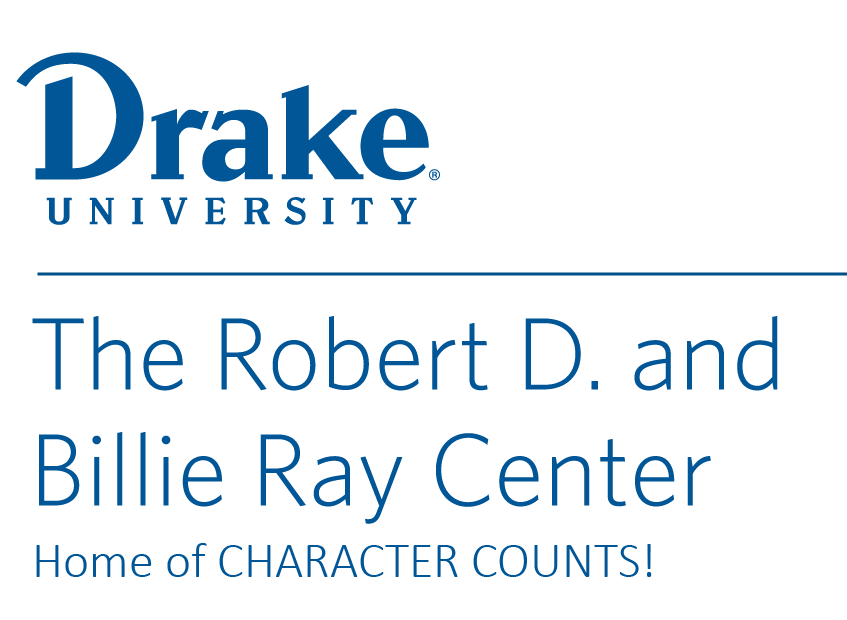

Make decisions based on rationality, ethics, and effectiveness.
Assess and be sensitive to the feelings and needs of others.
Exhibit a growth mindset and willingness to learn from mistakes.








K-5
6-12

Educators: Copy the Family Connection and email it to parents, or click here to download a PDF version to email or print.
Watch
Watch the video as a family: https://youtu.be/qPfNr9vq5tg
Discuss
Use these questions to start meaningful conversations about good citizenship.
Activity
Create a family tree activity where students research and share stories of family members who have positively impacted their communities, highlighting acts of kindness, leadership, or advocacy.
Collaborate on a creative project, such as writing letters to elected officials advocating for a cause, creating artwork inspired by themes of citizenship, or composing songs or poems expressing messages of hope and unity to promote family bonding and shared values of citizenship and empathy.